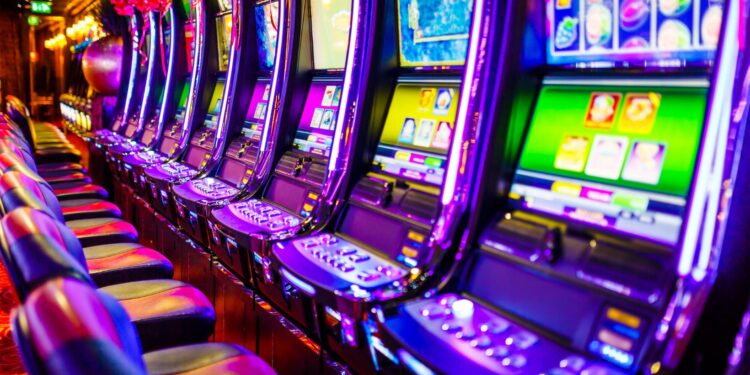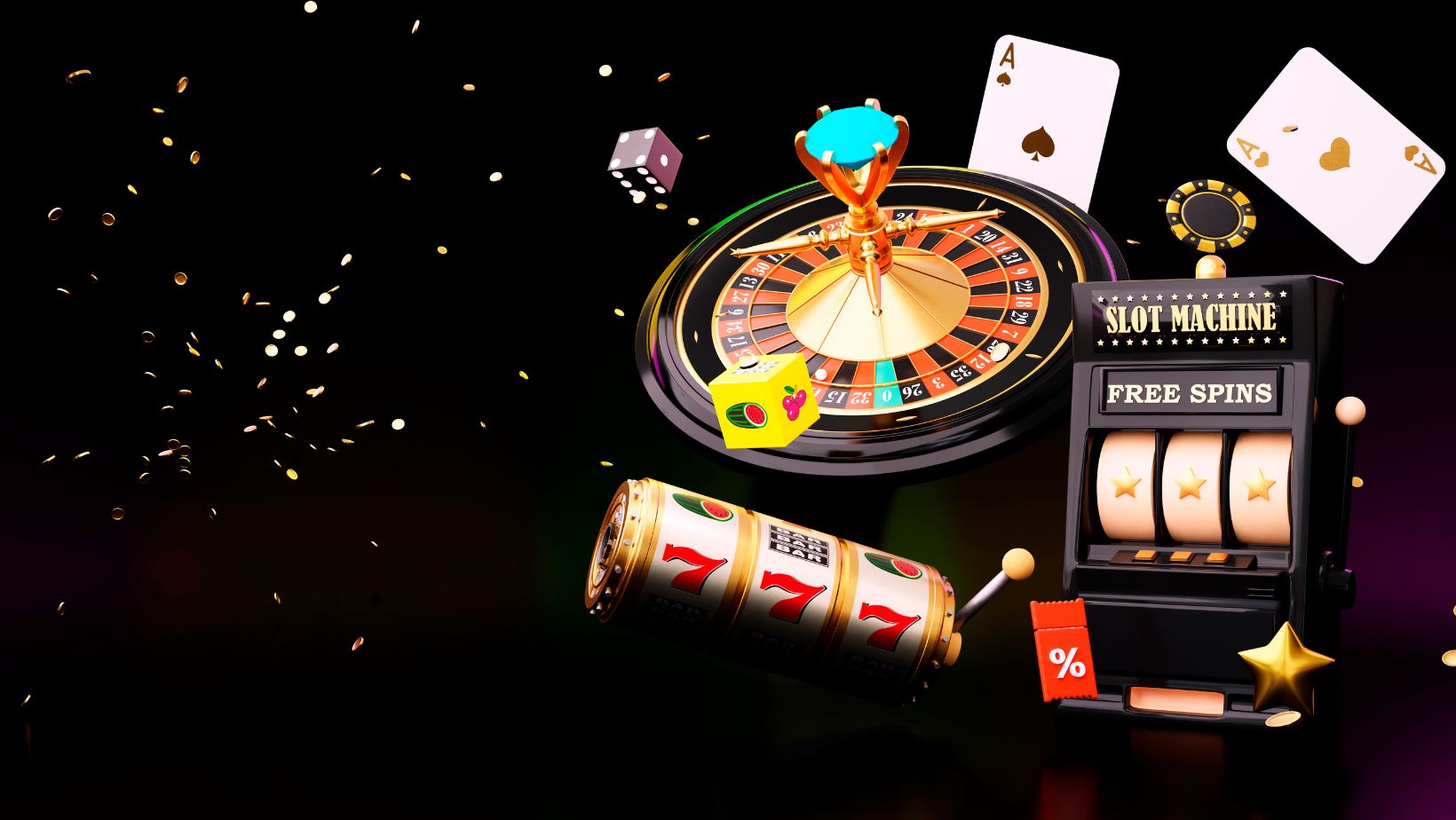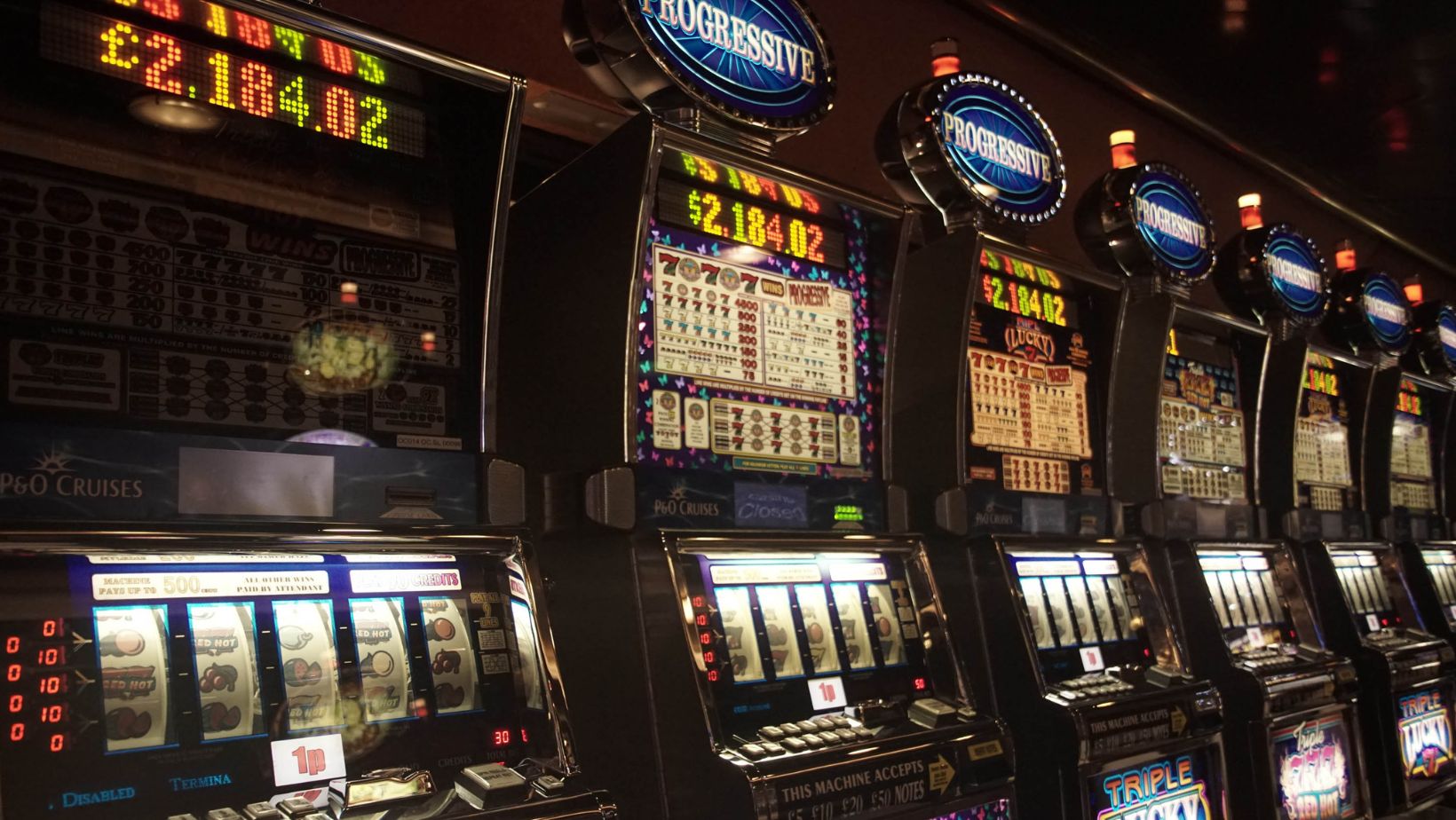Slot games are a cornerstone of both traditional and online casinos, captivating players with their vibrant graphics, engaging themes, and the tantalizing prospect of substantial payouts. Beneath this allure lies a complex mathematical framework, with probability at its core, dictating the outcomes and overall gaming experience.
The Role of Random Number Generators (RNGs)
Central to the operation of slot machines is the Random Number Generator (RNG), a sophisticated algorithm that ensures each spin’s result is entirely random and independent of previous spins. This randomness embodies the principle of statistical independence, meaning that past outcomes have no influence on future results. Consequently, players cannot predict or alter the outcome based on prior spins, maintaining the game’s integrity and fairness.
Calculating Slot Machine Probabilities
Understanding the probability of landing a winning combination involves analyzing the number of symbols and reels. For instance, a classic three-reel slot with ten symbols per reel offers 1,000 possible combinations (10 x 10 x 10). If a specific symbol combination yields a payout, the probability of hitting that combination is determined by dividing the number of winning combinations by the total number of possible combinations. This calculation provides insight into the likelihood of achieving a win on any given spin.
Return to Player (RTP) and House Edge
Two pivotal metrics in slot games are the Return to Player (RTP) percentage and the house edge. RTP indicates the proportion of total wagers a game is designed to return to players over time. For example, a slot with an RTP of 96% theoretically pays back $96 for every $100 wagered over an extended period.
Conversely, the house edge represents the casino’s advantage, calculated as 100% minus the RTP. In this scenario, the house edge would be 4%. It’s crucial to recognize that these figures are statistical averages; individual gaming sessions can deviate significantly from these expectations.
Volatility and Its Impact on Gameplay
Volatility, or variance, measures the risk associated with a slot game. High-volatility slots offer larger but less frequent payouts, appealing to players seeking substantial wins and willing to accept longer losing streaks. In contrast, low-volatility slots provide smaller, more regular wins, catering to those who prefer steady, albeit modest, returns. Understanding a game’s volatility enables players to select games that align with their risk tolerance and gaming objectives.
Implications for Players
A solid grasp of the mathematics underpinning slot games empowers players to make informed decisions. While the RNG ensures fairness and unpredictability, awareness of RTP and volatility assists players in choosing games that match their expectations and playing style. For those interested in exploring a variety of slot games, High Roller’s online real money casino games and slots offer diverse options catering to different preferences.
The Gambler’s Fallacy and Responsible Gaming
It’s essential to address common misconceptions, such as the gambler’s fallacy—the erroneous belief that past outcomes influence future events in games of chance. In the context of slot machines, each spin is an independent event, and previous results do not affect future spins.
Recognizing this fallacy helps maintain realistic expectations and promotes responsible gaming practices.
Conclusion
The intricate mathematics of probability, encompassing elements like RNGs, RTP, house edge, and volatility, fundamentally shapes the design and function of slot games. By understanding these concepts, players can approach slot gaming with greater insight, enhancing both their enjoyment and strategic engagement.






















